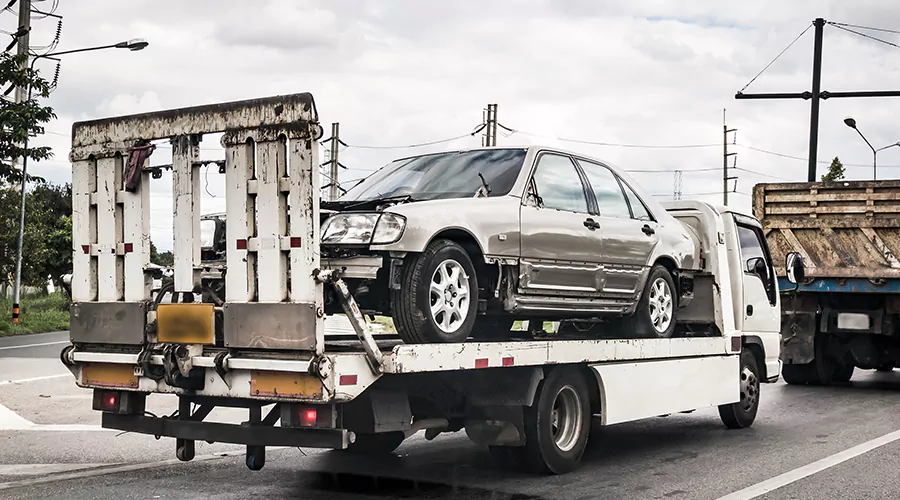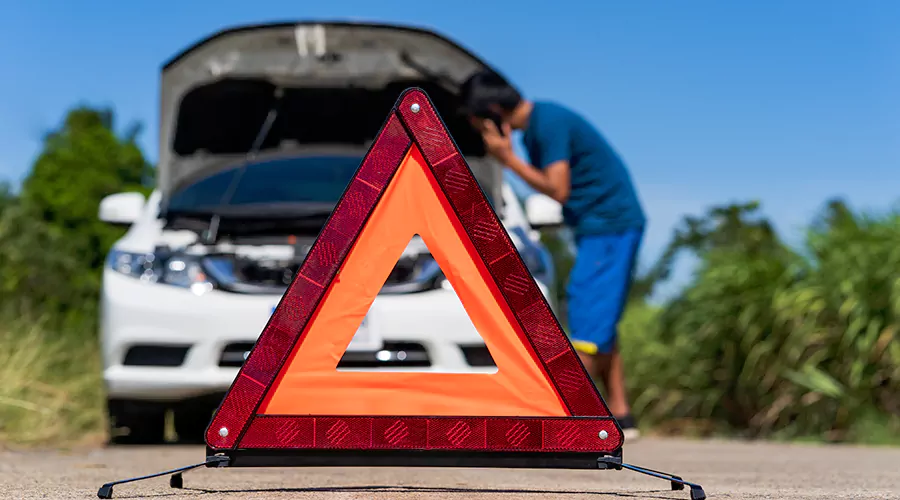How to Start a Towing Company: Licensing, Insurance, and Business Essentials
Starting a towing company involves more than just purchasing tow trucks. It requires navigating various legal and operational steps to ensure your business runs smoothly and complies with regulations. This guide outlines the essential steps to start your towing business.

Obtaining Necessary Licenses and Permits
1. Business License
The first step in starting a towing company is to register your business with local and state authorities. This involves obtaining a business license, which legitimizes your operations and allows you to conduct business legally.
2. Commercial Driver’s License (CDL)
Most towing companies require their drivers to have a Commercial Driver’s License (CDL) only if they operate heavy duty tow trucks. This license ensures that drivers are qualified to operate heavy-duty vehicles safely. Check the specific CDL requirements in your state, as they may vary.
3. Towing License
Some states have specific licenses or permits required for towing operations. These licenses ensure that towing companies meet certain safety and operational standards. Research your state’s regulations to determine if a towing license is necessary.
Insurance Requirements
1. Liability Insurance
Liability insurance is essential for covering any damage caused to vehicles during the towing process. It protects your business from financial loss resulting from claims or lawsuits related to towing services.

2. Commercial Vehicle Insurance
This type of insurance covers the tow trucks and equipment used in your business. It protects against damages, theft, and other risks associated with vehicle operation.
3. Workers’ Compensation
If you have employees, workers’ compensation insurance is required to cover work-related injuries or illnesses. This insurance provides financial support for medical expenses and lost wages.
Setting Up Your Business
1. Business Plan
A well-crafted business plan is crucial for outlining your services, target market, financial projections, and growth strategy. It serves as a roadmap for your business and helps in securing financing if needed.
2. Equipment
Invest in high-quality tow trucks and equipment that meet your business needs. Consider factors such as the types of vehicles you will tow and the frequency of your operations when selecting your equipment.

3. Marketing
Develop a marketing strategy to promote your towing services. This includes creating a professional website, utilizing SEO techniques to improve online visibility, and engaging with potential customers through social media and local advertising.
Financial Considerations
Ensure you have a clear understanding of your startup costs, including the purchase of tow trucks, insurance premiums, and other operational expenses. Establish a budget and explore financing options if necessary to cover these initial costs.


